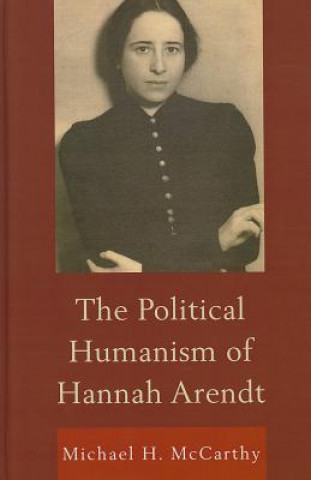
Kód: 01243765
Political Humanism of Hannah Arendt
Autor Michael McCarthy
At the end of the Second World War when the horror of the holocaust became known, Hannah Arendt committed herself to a work of remembrance and reflection. Intellectual integrity demanded that we comprehend and articulate the genes ... celý popis
- Jazyk:
 Angličtina
Angličtina - Vazba: Pevná
- Počet stran: 322
Nakladatelství: Lexington Books, 2012
- Více informací o knize

Mohlo by se vám také líbit
-

Cambridge Companion to Aristotle's Politics
1054 Kč -

Evaluation of Text and Speech Systems
1681 Kč -
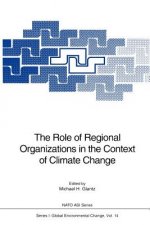
Role of Regional Organizations in the Context of Climate Change
5094 Kč -
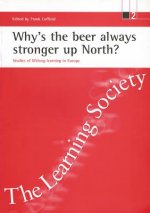
Why's the beer always stronger up North?
673 Kč -

Holly and the Magic Tiara
176 Kč -

Dewigged, Bothered, and Bewildered
2315 Kč -

Tegami Bachi, Vol. 13
306 Kč -

Safety at the Sharp End
1850 Kč -

Organic Chemicals in the Environment
5825 Kč -
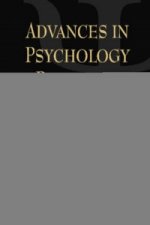
Advances in Psychology Research
4334 Kč -
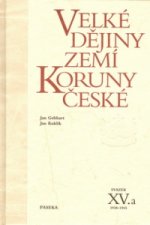
Velké dějiny zemí koruny české XV.a
1077 Kč -

Mein Wisch-und-weg-Buch, Von 1 bis 10
179 Kč -

Geschichte der deutschen Literatur Bd. 6: Aufklärung, Sturm und Drang, Frühe Klassik (1740-1789)
826 Kč -

Reisender ohne Gewerbe
180 Kč
Dárkový poukaz: Radost zaručena
- Darujte poukaz v libovolné hodnotě a my se postaráme o zbytek.
- Poukaz se vztahuje na celou naši nabídku.
- Elektronický poukaz vytisknete z e-mailu a můžete ihned darovat.
- Platnost poukazu je 12 měsíců od data vystavení.
Více informací o knize Political Humanism of Hannah Arendt
Nákupem získáte 468 bodů
 Anotace knihy
Anotace knihy
At the end of the Second World War when the horror of the holocaust became known, Hannah Arendt committed herself to a work of remembrance and reflection. Intellectual integrity demanded that we comprehend and articulate the genesis and meaning of totalitarian terror. What earlier spiritual and moral collapse had made totalitarian regimes possible? What was the basis of their evident mass appeal? To what cultural resources and political institutions and traditions could we turn to prevent their recurrence? After years of profound study, Arendt concluded that the deepest crisis of the modern world was political and that the enduring appeal of political mass movements demonstrated how profound that crisis had become. For Arendt the modern political crisis is also a crisis of humanism. The radical totalitarian experiment was rooted in two distorted images of the human being. The agents of terror believed in the limitless power generated by strategic organization, a power exercised without restraint and justified by appeal to historical necessity. The victims of terror, by contrast, were systematically dehumanized by the ruling ideology, and then brutally deprived of their legal rights and their moral and existential dignity. Arendt's political humanism directly challenges both of these distorted images, the first because it dangerously inflates human power, the second because it deliberately subverts human freedom and agency. This book offers a dialectical account of the political crisis that Arendt identified and shows why her interpretation of that crisis is especially relevant today. The author also provides detailed analysis and appraisal of Arendt's political humanism, the revisionary anthropology she based on the politically engaged republican citizen. Finally, the work distinguishes the merits from the limitations of Arendt's genealogical critique of "our tradition of political thought", showing that she tended to be right in what she affirmed and wrong in what she excluded or omitted.
 Parametry knihy
Parametry knihy
Zařazení knihy Knihy v angličtině Humanities Philosophy History of Western philosophy
4679 Kč
- Plný název: Political Humanism of Hannah Arendt
- Autor: Michael McCarthy
- Jazyk:
 Angličtina
Angličtina - Vazba: Pevná
- Počet stran: 322
- EAN: 9780739177198
- ISBN: 0739177192
- ID: 01243765
- Nakladatelství: Lexington Books
- Hmotnost: 642 g
- Rozměry: 235 × 159 × 31 mm
- Datum vydání: 17. August 2012
Oblíbené z jiného soudku
-

Meditations
254 Kč -

Aphorisms on Love and Hate
90 Kč -

Why I Am so Clever
90 Kč -

Meditations
502 Kč -

Meditations
410 Kč -

Simulacra and Simulation
416 Kč -
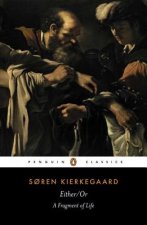
Either/Or
357 Kč -

Existentialism Is a Humanism
214 Kč -

Phenomenology of Spirit
551 Kč -

Spell of the Sensuous
347 Kč -

The Trouble With Being Born
307 Kč -
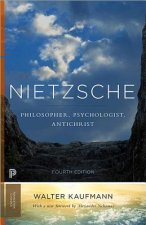
Nietzsche
600 Kč -
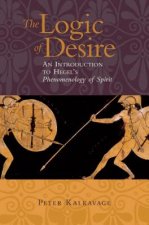
Logic of Desire
1124 Kč -
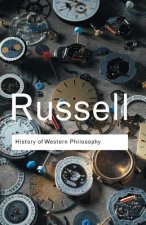
History of Western Philosophy
660 Kč -
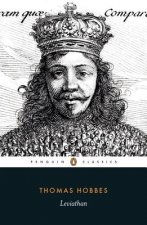
Leviathan
322 Kč -

Fear and Trembling
253 Kč -

On War
136 Kč -
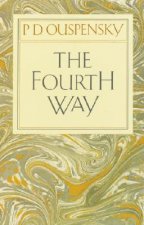
Fourth Way
421 Kč -
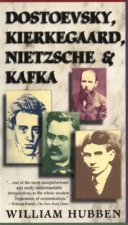
Dostoevsky, Kierkegaard, Nietzsche and Kafka
435 Kč -
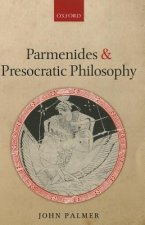
Parmenides and Presocratic Philosophy
1994 Kč -

Norton Anthology of Western Philosophy: After Kant
2259 Kč -
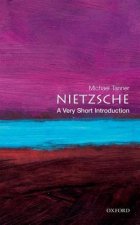
Nietzsche: A Very Short Introduction
249 Kč -

The Myth of Sisyphus
169 Kč -

Nausea
276 Kč -

Letters from a Stoic
278 Kč -

The Symposium
233 Kč -

Beyond Good and Evil
258 Kč -

Thus Spoke Zarathustra
276 Kč -

At The Existentialist Cafe
358 Kč -
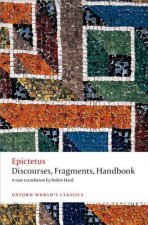
Discourses, Fragments, Handbook
306 Kč -
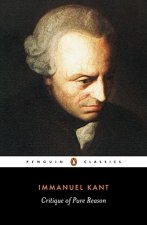
Critique of Pure Reason
444 Kč -
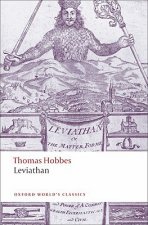
Leviathan
236 Kč -

Discourses and Selected Writings
306 Kč -

On the Shortness of Life
223 Kč -

Think
303 Kč -

Nicomachean Ethics
136 Kč -
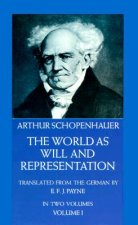
World as Will and Representation, Vol. 1
637 Kč -

Socrates' Defence
90 Kč -
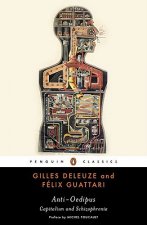
Anti-Oedipus
595 Kč -
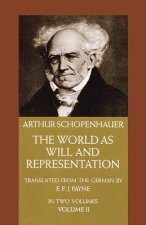
World as Will and Representation, Vol. 2
585 Kč -
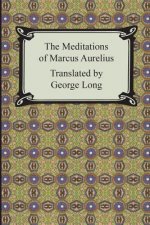
Meditations of Marcus Aurelius
202 Kč -
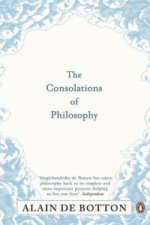
Consolations of Philosophy
358 Kč -

Queer Phenomenology
748 Kč -
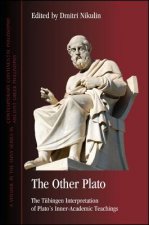
Other Plato
1100 Kč -

Republic
279 Kč -

Gay Science
316 Kč -

Twilight of the Idols with The Antichrist and Ecce Homo
136 Kč -
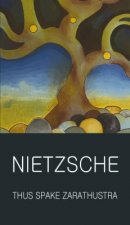
Thus Spake Zarathustra
136 Kč -
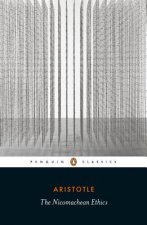
Nicomachean Ethics
306 Kč
Osobní odběr Praha, Brno a 12903 dalších
Copyright ©2008-24 nejlevnejsi-knihy.cz Všechna práva vyhrazenaSoukromíCookies



 Vrácení do měsíce
Vrácení do měsíce 571 999 099 (8-15.30h)
571 999 099 (8-15.30h)